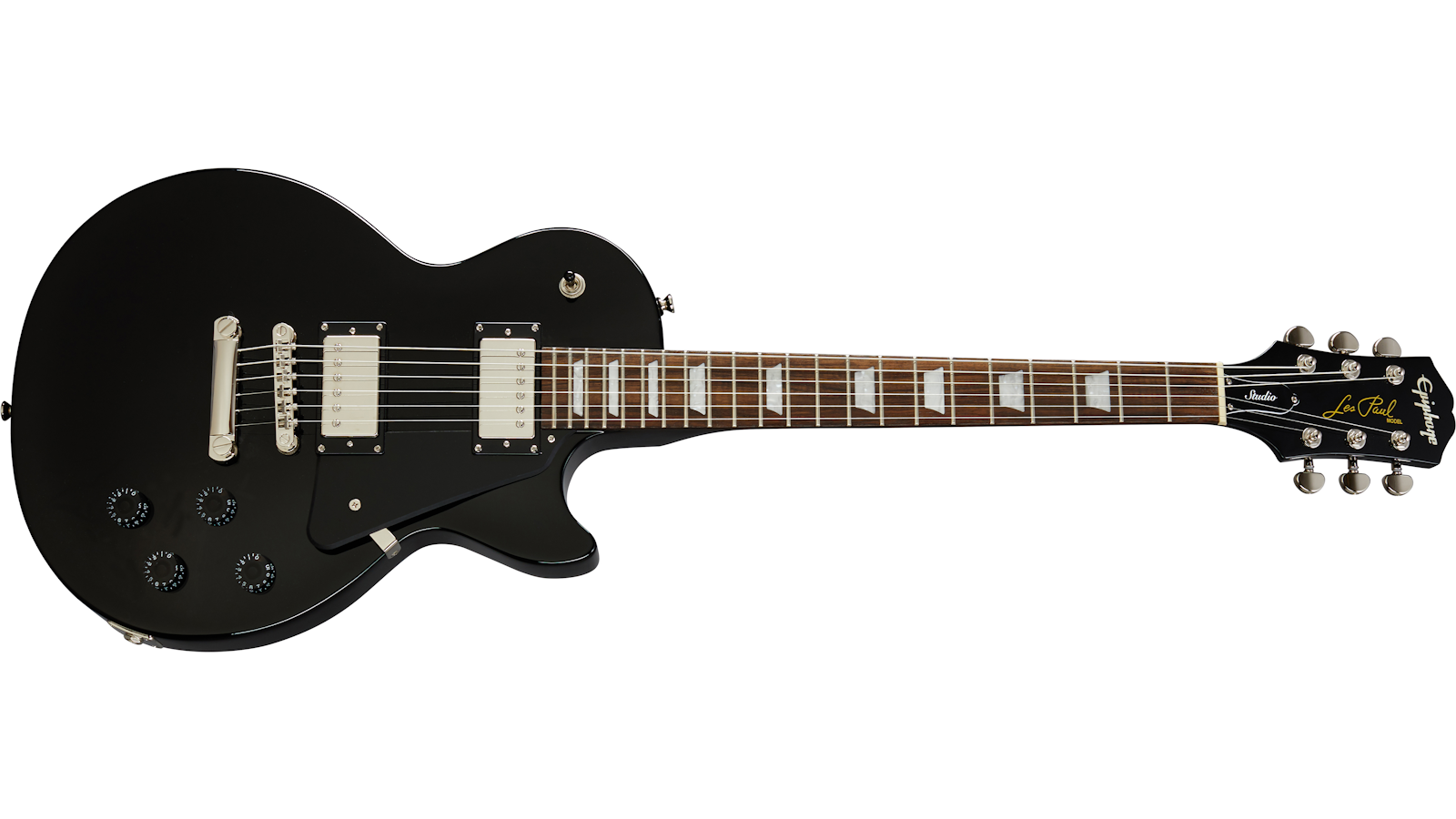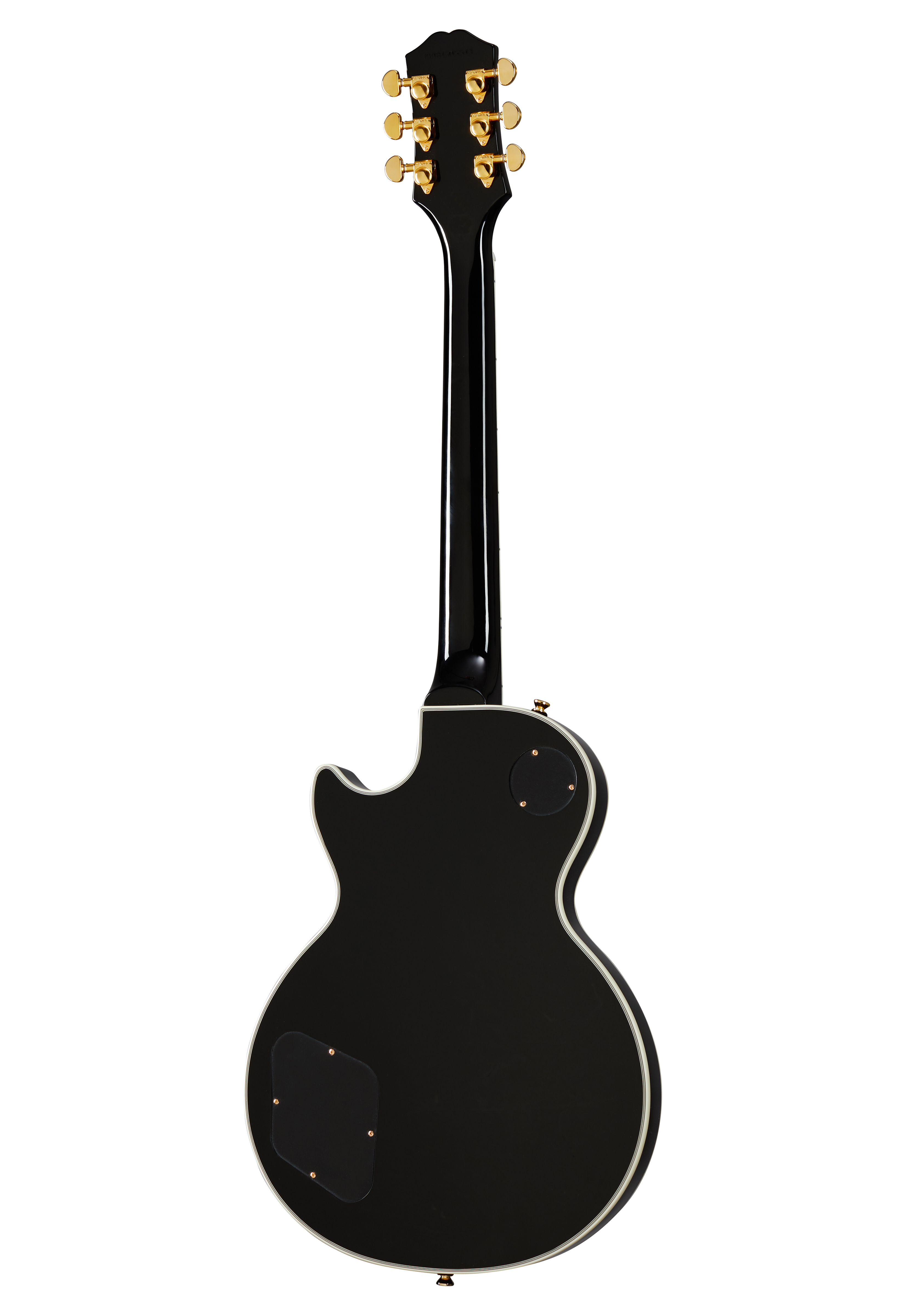


Otherwise, the electronics are pretty much the same. We also noticed that the CPS brand is not mentioned in the description of the potentiometers, which leads us to believe they're provided by a different company, perhaps for the push-pull functionality. It also uses the same pickup combination as the Les Paul Custom - the ProBucker 2 and ProBucker 3 - but with coil-tapping enabled, giving you some additional flexibility. Though we noticed that it loses some of the "punchiness" in its tone, which is probably a result of said weight relief. It feels more like a "typical" guitar in regards to how weight is distributed. Differences Between the Modern and Customįirst, the Modern has some additional weight relief in the body, which makes it less cumbersome to play standing up. There are only a handful of technical differences between the Les Paul Modern and the two other Epiphone LPs we've tested. Most modern styles, heavy metal, classic rock, and even blues guitarists are great candidates for the Epiphone Custom. Ideal UserĪt under $700 retail it's an intermediate-friendly electric guitar that could also be helpful to semi-professionals or those who want a cheap gigging axe. Even in the new lighter models, the body feels much heavier than the neck, like it wants to hang from the strap with the body lower than you might want.īut it's a small problem, and you'll get used to the weight distribution after awhile. If you're used to other electric guitar designs, it might take you awhile to get used to the weight distribution of a Les Paul. It's certainly a guitar that plays faster, with the SlimTaper neck design and 22 jumbo frets. In that respect, even with the cheaper pickups, the Epiphone Les Paul Custom can handle a wide range of sounds and styles without much limitation.

You get the same brassy, kind of high-end chime on the upper register of the fretboard, along with the percussive, chunky rhythms on the lower notes. Having said that, the tone of the Epiphone Les Paul Custom is still quite good. They're a high-end product that Gibson reserves for their nicer instruments. These are actually built by a third-party called CTS, a fairly large-scale manufacturing company:Īs you can tell, it would be much pricier to put these pickups in any guitar. PotentiometersĪnother part of the Custom that isn't stock, but falls more in the electronics category, would be the potentiometers. They're actually Grover® Rotomatic® 18:1 tuning machines in the Custom, which gives you some high-end hardware, and an uptick in value. This isn't necessarily a bad thing, but it does mean you're getting cheaper, mass-produced hardware that allows Epiphone to bring down the price of their guitar.Īlthough one important note about the tuning heads: Stock PartsĮpiphone uses the following stock parts on the Custom: The primary differences between the Gibson and Epiphone version of the Custom are going to be in the parts used. Je sais pas dire si ça fait des mécaniques ou du modèle en lui même, mais ça n'est pas trop gênant pour le moment.Epiphone's version of the Custom does a good job of capturing the aesthetics and menacing look of the Gibson version, right down to the gold hardware and split diamond inlay on the headstock. Peut être le seul défaut que je semble remarquer jusqu'à présent, c'est qu'elle ne semble pas forcément très bien tenir l'accordage si on enchaîne les bend dans tous les sens. Pour quelqu'un qui n'a pas joué depuis des années, cette Les Paul est un excellent compromis pour avoir un instrument de belle qualité, avec un beau son, sans pour autant dépenser une somme astronomique. Que ce soit en clean/crunch/disto, la LesPaul suit plutôt bien, c'est agréable.ĭepuis quelques semaines je suis passé sur un petit Bugera V5, qui m'apporte un beau son clean qui se marie très bien avec cette LesPaul.

Bien que l'ampli ait vieilli, le son de la guitare reste beau et propre. Une fois branchée sur un Line6 Spider II qui trainait dans un placard lui aussi, c'est une agréable surprise. Ayant toujours joué sur des type Strato, le modèle LP change un peu la position je trouve, mais c'est un coup à prendre. Le modèle Les Paul étant un de mes modèles rêve d'adolescent c'est naturellement que je me suis tourné vers cette Epiphone Custom Alpine White.ĭès le déballage c'est un coup de coeur. Après plusieurs années sans pratiquer l'instrument, j'ai voulu profiter de ces différents confinements pour m'y remettre.


 0 kommentar(er)
0 kommentar(er)
